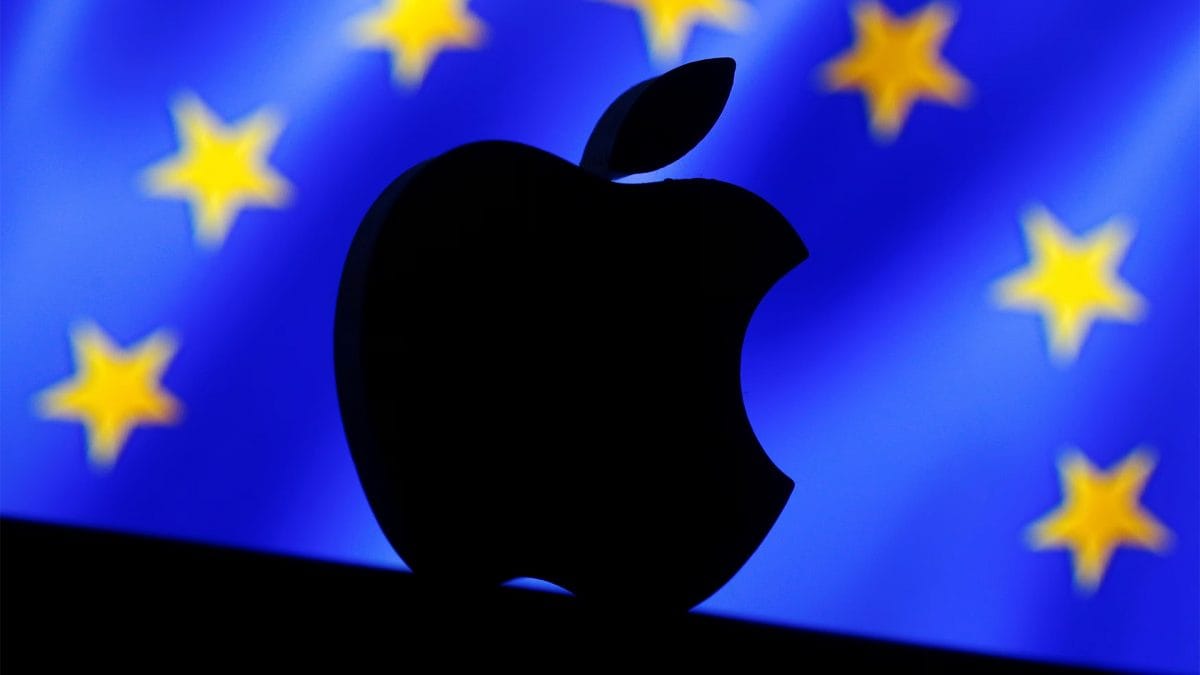
Apple has raised concerns about the European Union’s interoperability laws, suggesting that the regulations, while well-intentioned, could unintentionally jeopardise user privacy. The company recently released a white paper, titled It’s Getting Personal , which explores the potential pitfalls of the EU’s Digital Markets Act (DMA). The law requires tech giants like Apple to share their proprietary technologies with competitors, enabling features such as using an iPhone’s microphone on non-Apple devices.
While Apple supports the EU’s objectives of fostering innovation and competition, it expressed worries about how the mandate might be interpreted. It pointed out that ambiguous requirements could create loopholes, potentially exposing users’ personal data to misuse by rival firms. A significant portion of Apple’s white paper highlighted its issues with Meta’s persistent demands for access to its technology.

According to Apple, Meta has made at least 15 separate requests, including ones for iPhone mirroring and cross-device connectivity. Apple argued that many of these requests seemed to have little connection to Meta’s own devices, such as its smart glasses or VR headsets. Apple claimed that granting such access could significantly weaken its user privacy safeguards.
The company alleged that Meta’s access requests, if granted would allow it to monitor user activity across apps, scan photos, and even log passwords — basically, Meta wants its Facebook and Instagram apps to be able to see all calls, messages, emails, interactions with other apps, images, calendar events, files, and even passwords. Apple suggested this could lead to unprecedented intrusions into users’ private data. Apple warned that the DMA’s interoperability mandate might inadvertently undermine the EU’s existing data protection rules under the General Data Protection Regulation (GDPR).
It stressed that firms might exploit the DMA to bypass these stringent privacy protections. For instance, Apple suggested that enabling Siri to interact with third-party apps like WhatsApp could grant external companies unintended access to sensitive information. The white paper emphasised Apple’s commitment to supporting GDPR and maintaining its high standards for user privacy and security.
However, the company urged the EU to implement the DMA’s requirements with a careful balance to ensure compliance with GDPR. In closing, Apple reaffirmed its dedication to safeguarding user privacy, describing it as a cornerstone of its philosophy. The company stated that while it supports the idea of interoperability, this must not come at the cost of compromising privacy and security.
Apple expressed confidence in the European Commission’s ability to enforce the DMA thoughtfully and responsibly. Meanwhile, Apple remains committed to introducing its services, such as Apple Intelligence, across EU markets, despite delays stemming from related interoperability questions. The rollout aims to cater to diverse languages, including French, German, and Italian, reinforcing Apple’s presence in the region.
.














